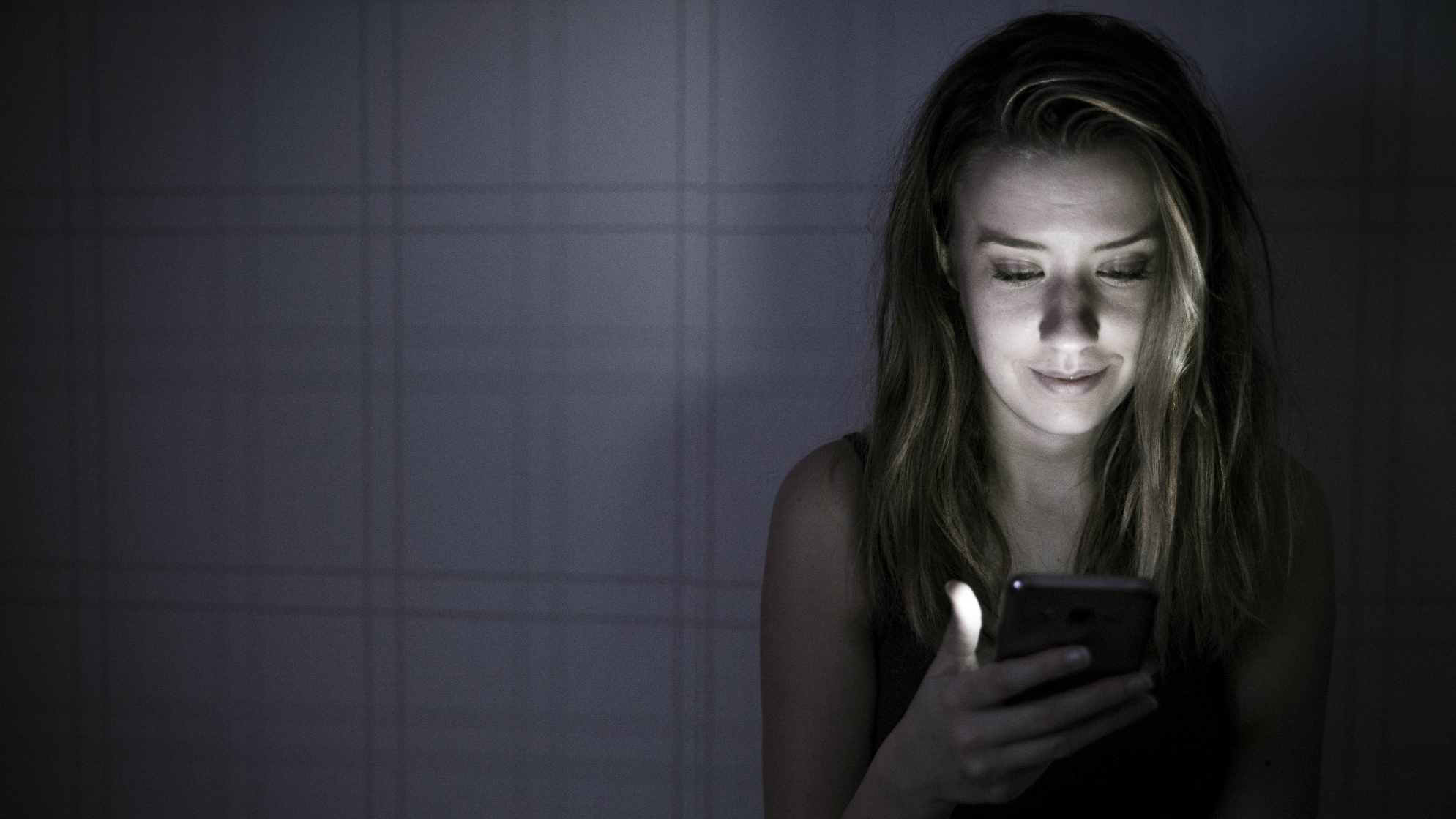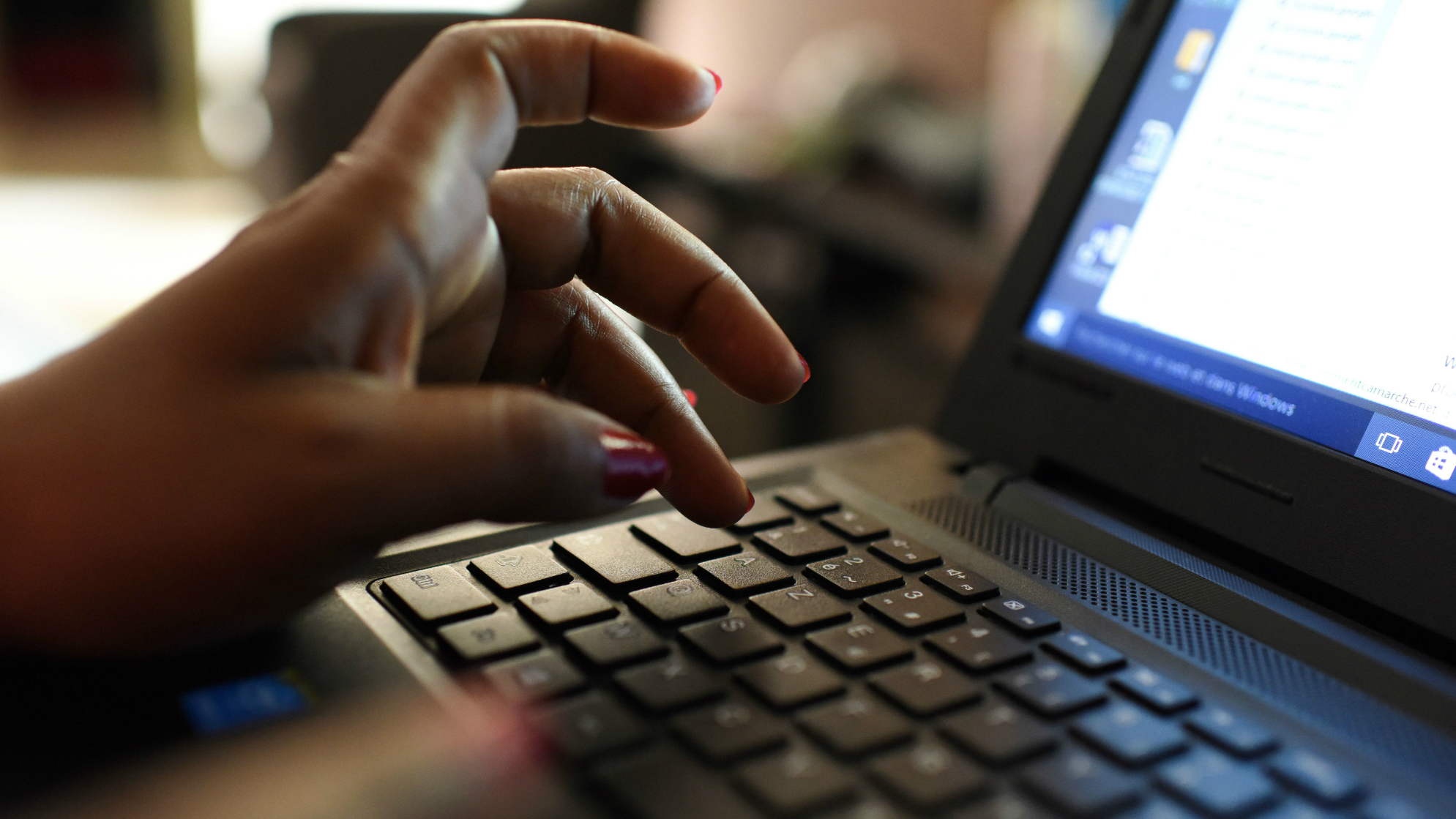Is snooping on your partner's phone ever okay?
Four in ten of us admit spying on our other halve’s phone, checking their messages at least once a week. But as Rosie Mullender discovered, for some couples, a breach of privacy doesn’t necessarily spell the end

Four in ten of us admit spying on our other halve’s phone, checking their messages at least once a week. But as Rosie Mullender discovered, for some couples, a breach of privacy doesn’t necessarily spell the end
Words by Rosie Mullender
I’m fiercely protective of my privacy – and of other people’s but according to a recent survey there are clearly a lot who are not on my wavelength. People who think nothing of invading their significant other’s right to privacy, with more than a third confessing to snooping on phones, devices and social media accounts. Meanwhile 20% of men have waited for their unsuspecting loved one to fall asleep before using their fingerprint to open their phone – which means even if you’re not a snooper, there’s a good chance your partner might be.
‘I don’t think there are any positives to snooping on a partner’s phone, because everyone is entitled to privacy, but this issue does sometimes come up, especially if there’s an imbalance in the relationship,’ says Relate counsellor Simone Bose. ‘It can happen when somebody has been betrayed in some way in the past, has low self-worth, or if one person is more affectionate than the other.
‘If one of you is snooping into your partner’s private messages, you need to ask yourself why you don’t trust them, or vice versa. Is it due to insecurity, or low self-worth? If so, where does this come from? Then you need to work on communication – for example, if you’re looking for more affection, how can you get more reassurance?
Every couple has a line which, if crossed, is a deal-breaker, and for many people, snooping into phone messages is one that’s firmly drawn. But a recent study by researchers at the University of British Columbia and the University of Lisbon, which looks into the motivations behind snooping, shows that for some couples, finding out your other half is checking in on you isn’t necessarily the end of the road.

Researchers found that of 46 people who had caught their other half snooping, over half decided it wasn’t a deal-breaker, with reasons given for the snooping including jealousy, a desire to control their relationship, and even financial gain.
Celebrity news, beauty, fashion advice, and fascinating features, delivered straight to your inbox!
‘In cases where the relationship ended, it was either because the phone owner felt their trust was betrayed, or the relationship was also experiencing difficulties,’ said study author Ivan Beschastnikh. ‘If the relationship survived, it was because the friendship was mostly solid and the victim considered it important enough to overlook the offence. In such cases, the victim explained away the snooping by considering it as a sign that they should reassure their romantic partner about their commitment to the relationship. They ended up excusing the behaviour and, in some cases, continued to give the other person access to their phone.
Amy,* 39, found herself taking snooping seriously far after she discovered her partner had had an affair. ‘I downloaded an app which recovered all his deleted messages so I could read through them,’ she says. ‘He inevitably found out, and although I hate that I found myself at such an extreme point, we managed to get through it. There was an understanding that my actions were because I wasn’t told the full story about his affair, and still didn’t trust him.
‘The positive is that there’s definitely more openness between us now, although the fact that I “hacked” his phone still comes up in arguments – which is odd, as I rarely bring up the affair. There are still regular conversations about privacy and how he wouldn’t read my messages. Now, he texts me if he’s noticed a login on his laptop, and is quite defensive about his phone.’

Simone agrees that it’s possible for some couples to emerge from snooping with their relationship intact. ‘I’ve had clients where one person has snooped on their partner and discovered a betrayal, or it’s become addictive and they can’t stop looking. But it’s not healthy to be constantly in a position of distrust,’ she explains.
‘It really comes down to communication and repairing trust, which can be difficult for some people. The damage may already be done, and you may not ever be able to fully trust that person, but I’ve seen couples get through it. If it’s becoming a problem, or there’s been a betrayal, it’s time to seek couples counselling.’
As for me, my own experience of phone-snooping came with a twist. It started when a private Twitter message came out of the blue. ‘I’m sorry to ask, but my friend @Dookie3000 has been blocked by you, and he’s worried he’s upset you. He asked me to find out what he’s done wrong…’ Instantly, I knew what had happened: my boyfriend, who disapproved of my (perfectly innocent) conversations with a man on Twitter I’d been chatting to for years, had hacked into my phone, and used it to block him.
Of course, I was furious – it wasn’t the first time he’d pried into my private conversations, and although I had nothing to hide, it was something I’d never consider doing to him. Although I unblocked Dookie3000, and made it clear I never wanted it to happen again, I was left wondering if our relationship had a future. A few months later, after an explosive argument over the content of some private phone messages which my boyfriend had read, we finally broke up, and I eventually met up with @Dookie3000 in person (whose real name turned out to be Don). Five years later, Don and I are happily engaged – and we never, ever, snoop on each other’s phones.
The leading destination for fashion, beauty, shopping and finger-on-the-pulse views on the latest issues. Marie Claire's travel content helps you delight in discovering new destinations around the globe, offering a unique – and sometimes unchartered – travel experience. From new hotel openings to the destinations tipped to take over our travel calendars, this iconic name has it covered.